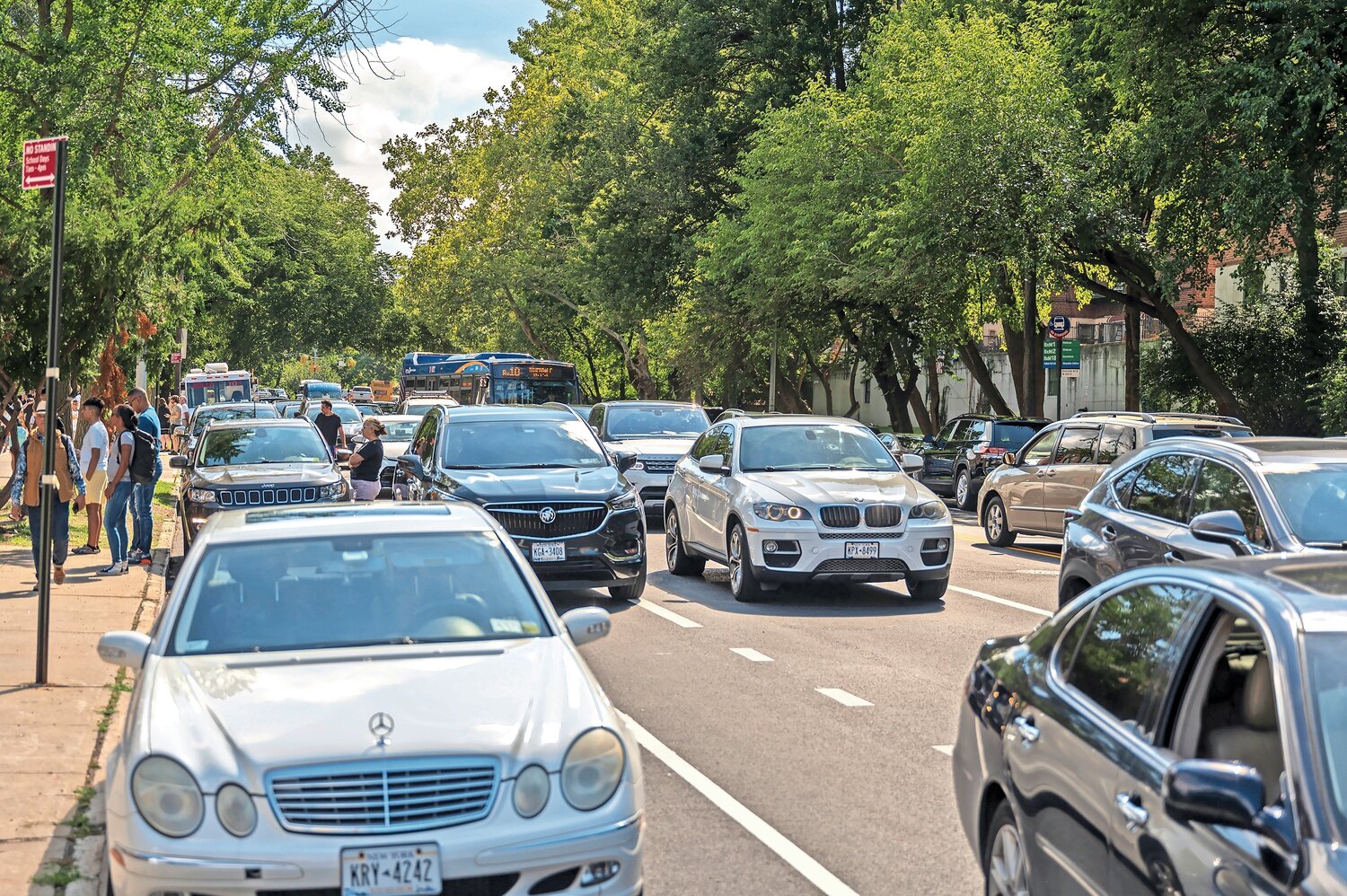Manhattan congestion pricing plan open for comment
The MTA will hold public hearings through March 11
The MTA will hear comments on its congestion pricing plan for Manhattan commuters. The comment period began on Dec. 27, 2023 and will continue through March 11.
The congestion pricing plan, officially named the Central Business District Tolling Program, was first introduced in 2019. The tolls themselves were set earlier this year and agreed upon at the city council on Dec. 6.
The public and several electeds have had their concerns.
Assemblyman Jeffrey Dinowitz has his own reservations.
“It affects people in my district and frankly in the outer boroughs much more so than people in Manhattan,” Dinowitz said.
“The toll is a lot of money and not everybody has a choice, some people have to drive in.”
The plan always consisted of a period for the public to comment as part of the state Administrative Procedure Act, which calls on all rule-making procedures to include an opportunity for the public to submit comments on the proposed ruling.. After the 60 days, the board will reconvene to vote on final pricing and implementation.
The newly proposed tolling structure has various prices dependent on EZ-Pass status, time of day traveling, and what kind of vehicle passes through the toll. Tolls will cost passenger vehicles with an EZ-Pass $15 and non EZ-Pass drivers $22.50 during peak hours of 5 a.m. to 9 p.m. on weekdays or 9 a.m. to 9 p.m. on weekends.
Drivers registered under the Low-Income Discount Plan and drivers on their 11th trip of the month and trips thereafter will be charged $7.50 during peak hours. All passenger vehicles traveling during non-peak hours will pay $3.75.
The newly implemented toll fee will not be charged more than once a day. Exemptions for those with disabilities and other circumstances will be accepted and further information will be provided by the MTA at a later date.
The aforementioned Low-Income Discount Program will be for drivers whose adjusted gross income is under $50,000, there is not yet information on how applications would work or when residents can apply. There will also be a New York State tax credit available to residents whose state adjusted gross income is under $60,000.
The tolls will be to charge those entering the Manhattan Central Business district south of and including 60th Street. The tolls will not be implemented on the FDR Drive, the West Side Highway, or the portion of the Hugh L. Carey Tunnel connecting to West Street.
Janno Lieber, chair and MTA chief executive, admits that the tolls could create a diversion of traffic, causing other areas to perhaps gain congestion and as such once implemented traffic patterns will have to be reevaluated and studied.
“You would all of a sudden put traffic into an area that hadn’t been impacted before,” Lieber said of a possible doomsday scenario.
Part of the MTA’s vision for the tolls is to attack the traffic congestion that Manhattan faces. The toll is meant to address problems including the effects congestions have on public health, the economy, and the overall quality of life.
“I totally get the motivation behind congestion pricing. It will raise much-needed capital money for the MTA and I 100 percent agree with that goal. I’m not quite as confident it will seriously reduce traffic as they say it would,” Dinowitz said.
According to James Torres-Springer, president of MTA Construction and Development, the project will bring in $15 billion for 2024 which covers a mere 30 percent of the year’s budget.
The MTA cites that the money derived from the tolls will fund things like new buses, trains, and subway cars, upgrading the subway signal system, and improving ADA compliance.
The MTA’s push to make the congestion pricing plan happen comes from a need for funds. According to Torres-Springer the delay of the implementation of congestion pricing has placed several projects on hold including re-upping equipment for the A and C subway lines in Brooklyn.
Public hearings will be hosted on Feb. 29 at 6 p.m., March 1 at 10a.m., March 4 at 10 a.m. and 6 p.m. To participate in the public hearings people must register online, by calling the public hearing hotline, or in person. Hearings can also be accessed online and attended via zoom or telephone.
Any and all interested parties can submit comments via email, mail, fax, or voicemail and the MTA assures the public that all comments are recorded and reviewed.
To comment online visit contact.mta.info/s/forms/CBDTP. To comment via email reach out to cbdtp.feedback@mtabt.org. To comment via mail send letters to CBD Tolling Program, 2 Broadway, 23rd Floor, New York, NY 10004. To comment via phone or fax, call (646) 252-7440 or fax (212) 504-3148 with Attention to CBDTP Team.






